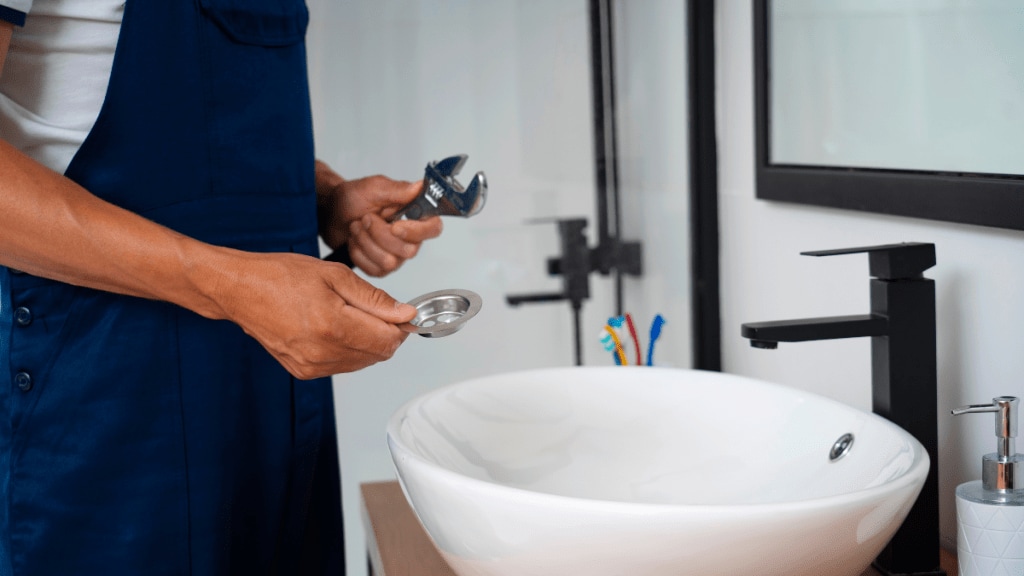By Abhijeet Sonar
As India emerges as the largest market for social media influencers with substantial reach, the significance of influencer marketing has never been more pronounced. With a vibrant landscape rich in potential, India offers brands unique opportunities to strengthen customer relationships. Notably, Instagram stands out as the most trusted platform for discovering recommendations, making it a crucial space for brands to engage their audience.
In recent years, the micro- and nano-influencer tiers—creators with smaller but highly engaged followings—have surged, creating invaluable opportunities for brands to tap into niche markets and foster genuine connections. With brands projected to significantly invest in influencer marketing, leveraging these influential voices is now a strategic imperative in an increasingly competitive industry. To understand how influencer marketing can enhance customer relationships, here are a few reasons why it is particularly effective in the bath industry.
The Role of Influencers in Building Trust
As the bath industry seeks to capitalise on these opportunities, one of the most critical advantages of influencer marketing lies in its ability to foster trust. Research indicates that consumers often regard recommendations from influencers as more credible than those from brands themselves. This phenomenon is particularly pronounced in the beauty and personal care sectors, where 80% of social media users follow influencers for insights and recommendations. In the bath industry, influencers can showcase products authentically, demonstrating their use and benefits in real-life contexts. This authenticity is crucial for brands aiming to establish trust and credibility among consumers.
Enhancing Brand Awareness
Influencers play a significant role in increasing brand visibility. By sharing engaging content that features bath-fitting products—such as showerheads or faucets—brands can reach wider audiences. Such collaborations not only enhance brand awareness but also drive traffic to e-commerce platforms, ultimately boosting sales.
Engaging with Target Audiences
Effective influencer partnerships allow brands to engage directly with their target audiences. Influencers often deeply understand their followers’ preferences and behaviours, enabling them to tailor content that resonates well. For example, brands can create interactive experiences that foster community engagement by hosting giveaways or challenges that encourage user participation. This approach strengthens customer relationships and encourages repeat purchases as consumers feel more connected to the brand.
The Importance of Authenticity
Authenticity is paramount in influencer marketing. Consumers are increasingly discerning about sponsored content; they seek genuine endorsements rather than overt advertisements. Brands must choose influencers whose values align with their own and who genuinely appreciate their products. For instance, when an influencer shares their personal experience with a bath product—highlighting its unique features or benefits—followers are more likely to trust that recommendation and consider making a purchase.
Leveraging Social Media Platforms
Social media platforms serve as vital tools for executing influencer marketing campaigns. Instagram, TikTok, and YouTube are particularly effective for showcasing visually appealing products like basins, toilets, showerheads or even complete bathroom renovation content. Brands can utilise these platforms to share user-generated content, tutorials, or reviews from influencers. This not only enhances brand visibility but also encourages organic discussions around the products, further solidifying customer relationships.
Measuring Success Through Engagement Metrics
To evaluate the effectiveness of influencer marketing efforts, brands must focus on engagement metrics such as likes, shares, comments, and conversion rates. These metrics provide insights into how well an influencer’s content resonates with their audience and whether it translates into increased sales or brand loyalty. For example, some brands have reported improved customer engagement through timely responses to inquiries on social media, complementing influencer collaborations and ensuring customers feel valued.
Conclusion
Influencer marketing presents a powerful opportunity for brands in the bath industry to enhance customer relationships and drive engagement. By leveraging the trust and authenticity that influencers offer, brands can increase awareness, foster loyalty, and ultimately boost sales. As consumer preferences continue to evolve towards personalised experiences and authentic interactions, embracing influencer marketing will be crucial for brands looking to thrive in this competitive landscape.
In summary, by executing these strategies thoughtfully—selecting the right partners/influencers and fostering genuine connections—brands can harness the full potential of influencer marketing to drive growth and customer loyalty.
The author is head of marketing, Hansgrohe India. Views expressed are personal and not necessarily those of financialexpress.com.

